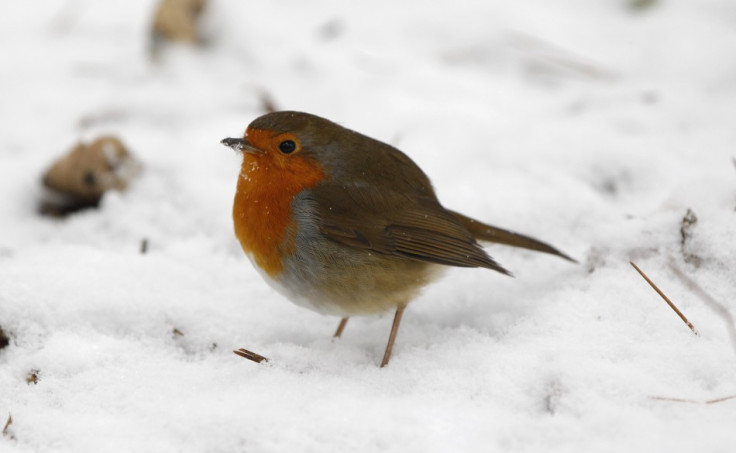Leftover Turkey Fat Can Be Deadly for Fine Feathered Friends

Leftover cooked turkey fat can be deadly for some birds, the Royal Society for the Protection of Birds (RSPB) has warned ahead of the Christmas festivities.
The wildlife charity is urging people not to put the leftover fat it in their bird feeders because it can be harmful, even poisonous, to the very birds that they are hoping to attract to their gardens.
The fat is unsuitable for use in bird feeders, especially after being mixed with other juices in roasting tins, because it goes rancid quickly, creating a breeding ground for bacteria that can cause food poisoning. The salt levels it contains are also often too high and can be toxic to birds.
As the cold weather already acts to reduce birds' energy levels and defence, they are more vulnerable to bacterial infections over the winter season.
Turkey fat is also unsuitable for bird feeders because it stays soft even when cooled and can easily smear onto birds' feathers, damaging their water-proofing and insulating properties.
"Please don't use fat from roasting tins to feed garden birds. It's great that so many people want to try and give birds extra treats, but in this case you could be killing them with kindness," said RSPB wildlife adviser Kirsi Peck.
"If you want to use the fat from your Christmas meat, just cut off the fatty bits before cooking. Uncooked fat from any meat is perfectly good bird food and very suitable for making bird cakes.
"With all of the fattening things people eat over Christmas, this is an easy way to trim it and help birds survive."
The RSPB recommends that crumbs from Christmas cake, mince pie pastry, mild grated cheese, rice porridge oats, cooked potatoes and fruit are suitable for use as bird food.
"The cooking juices from all other meats are equally a complete no-no. It's not just turkey fat, so if you're branching out with your Christmas feast, please avoid putting any meat juices outside for the birds," Peck said.
The best way to dispose of meat fat is to leave it to cool and then place it in the bin, not down the sink, the RSPB advised.
Nearly a million blocks of butter are expected to go down residents' drains over the holiday season in the Anglian Water region alone.
© Copyright IBTimes 2025. All rights reserved.



















